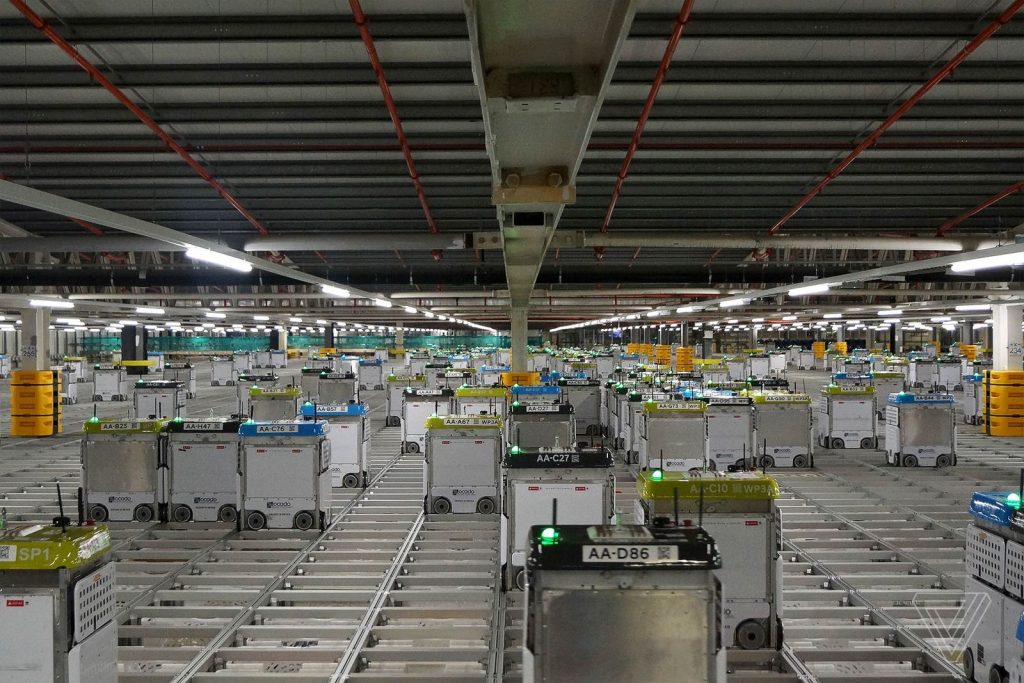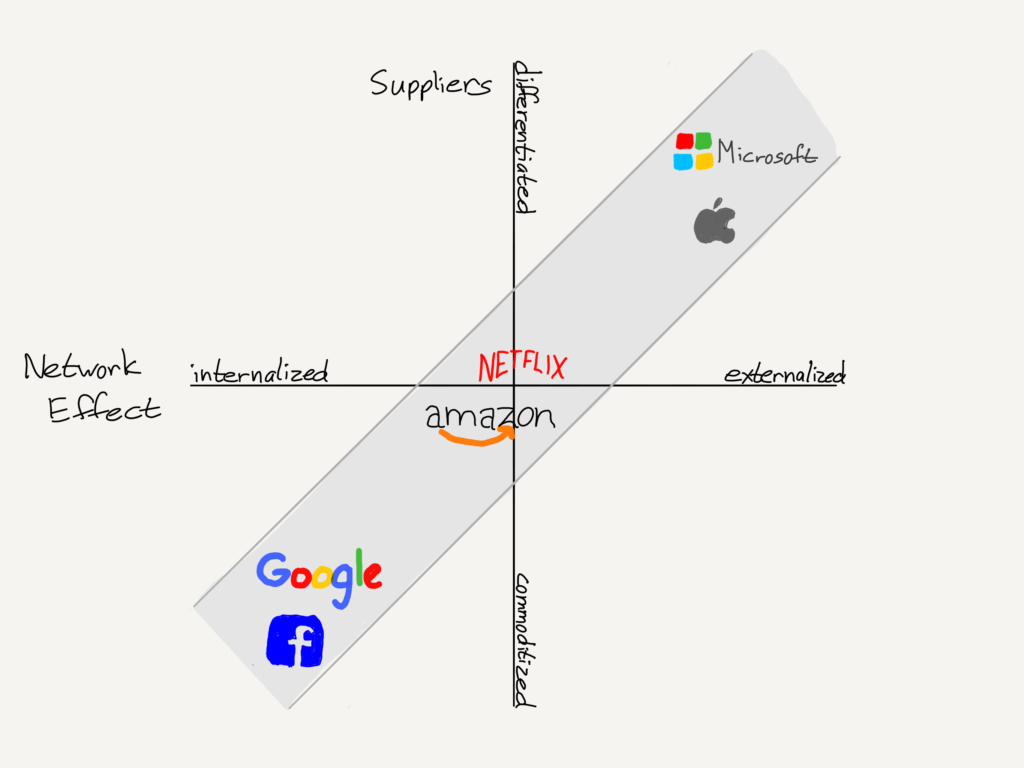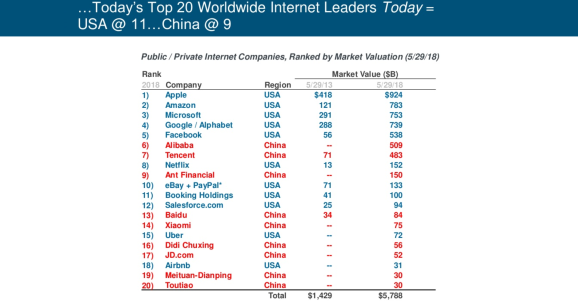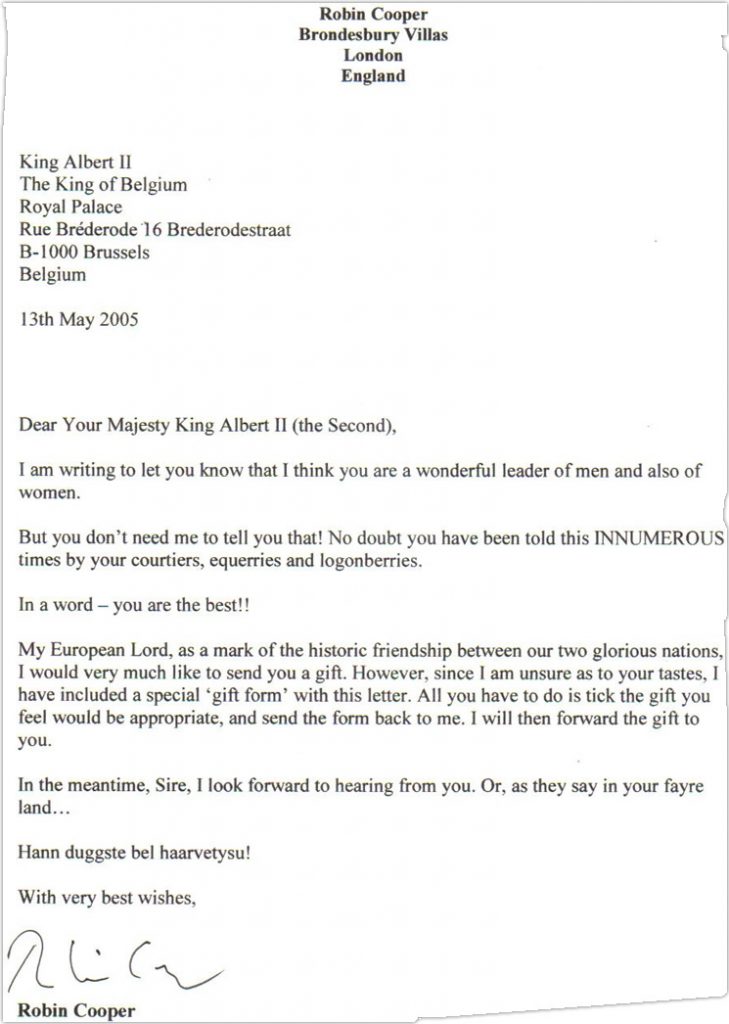Sections
Open Your Mind
[avatar user=”malm” size=”small” align=”left” link=”file” /]

In an important reminder for troubled times, Daniel DeNicola in Aeon explains why you don’t have a right to simply believe whatever you want to. Belief is factive and arcs to truth so needs to be subject to evidence to be credible. Stubbornly maintaining beliefs that are not supported by facts is ultimately highly dangerous which helps contextualise why fake news is such a huge deal:
Unfortunately, many people today seem to take great licence with the right to believe, flouting their responsibility. The wilful ignorance and false knowledge that are commonly defended by the assertion ‘I have a right to my belief’ … Consider those who believe that the lunar landings or the Sandy Hook school shooting were unreal, government-created dramas; that Barack Obama is Muslim; that the Earth is flat; or that climate change is a hoax. In such cases, the right to believe is proclaimed as a negative right; that is, its intent is to foreclose dialogue, to deflect all challenges; to enjoin others from interfering with one’s belief-commitment. The mind is closed, not open for learning. They might be ‘true believers’, but they are not believers in the truth.
A good example of a belief that can be backed by extensive evidence from our collective human past is Yuval Harari’s one that as a species, we are on a path to human unification given that “in recent generations the few remaining civilisations have been blending into a single global civilisation“. Harari central argument is that the challenges we face at a species level cannot be addressed at a nation-state level and that:
global warming, technological disruption and nuclear proliferation will make us “ever more interdependent”.
Recent isolationist developments in the US and UK are obviously a setback and concerning for Harari but will ultimately backfire in his view:
If you want to be a completely independent country and not part of a bigger organisation, then fine. The problem is that given the kind of challenges we face today, the opportunity costs of being very self absorbed are becoming higher and higher all the time.
Artificial Intelligence
The American Civil Liberties Union ACLU) have spoken out against the use of Amazon Rekognition for government surveillance in the US in a move that has profound PR ramifications for Amazon. One suspects this :
Amazon is marketing Rekognition for government surveillance. According to its marketing materials, it viewsdeployment by law enforcement agencies as a “common use case” for this technology. Among other features, the company’s materials describe “person tracking” as an “easy and accurate” way to investigate and monitor people. Amazon says Rekognition can be used to identify “people of interest,” raising the possibility that those labeled suspicious by governments — such as undocumented immigrants or Black activists — will be seen as fair game for Rekognition surveillance. It also says Rekognition can monitor “all faces in group photos, crowded events, and public places such as airports,” at a time when Americans are joining public protests at unprecedented levels.
Meanwhile in China, the same use case is being extended further and deeper into every corner of activity even it seems as a way of monitoring the attentiveness or not of students in a classroom. The future is already here unevenly distributed:
Some have said it can infringe the privacy of students, but it only records students’ movements, rather than filming activities in class. And those who focus on lectures will be marked with an A, while students who let their minds wander will be marked with a B.”
Could a machine ever achieve spirituality? The arguments for mostly rest on the fact that we humans do and we are ultimately made of physical structures that potentially could be replicated.
Amazon
Data from The Diffusion Group (DTG) highlighted by Variety reveals how Amazon “has quietly become a major player in the subscription video sales business” particularly in the US:
53 percent of all consumers who don’t get HBO through their pay TV provider are purchasing it via Amazon channels … Those numbers are apparently even higher for some of the other TV networks: 72 percent of Showtime subscribers get the network’s direct-to-consumer offering via Amazon Channels, and 70 percent of Starz a la carte subscribers receive it from Amazon.
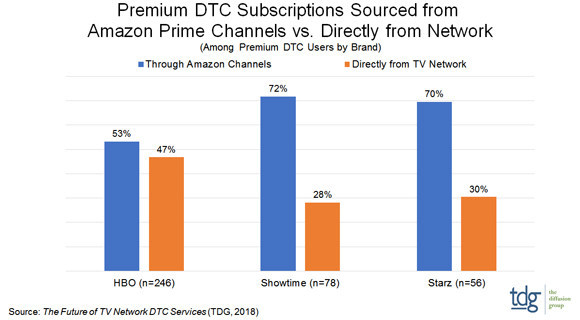
How Ocado is taking a lead from Amazon in using robots to make online grocery shopping faster. The holy grail of course is robotic goods selection:
Ocado is developing a soft robotic hand that uses rubber fingers filled with pressurized air. Watching it grasp a lime is an unsettling experience, with its synthetic fingers curling around the fruit like pythons. … A recent study found the field of logistics has been an early adopter of robots and AI, mainly because the tasks involved are relatively routine and therefore easy to automate. But experts say the technology being incubated here will be adopted by other sectors.
A CNET reporter on a three-month trial with Amazon Key: “it wasn’t as creepy as I expected“:
Amazon, nevertheless, along with Google are under growing antitrust scrutiny as their market influence grows. Their case isn’t aided by stories such as this one publicized this week involving a woman in Portland Oregon who had her private conversations recorded and sent out to a random contact. This is the sort of emergent behaviour that can develop as a complex platform scales.
Software, Cloud and DevOps
Good InfoQ presentation on the C to Rust paradigm shift highlighting the benefits in terms of perfomance, safety and tooling. It’s remarkable to think the language is only three years old.
Interesting post on “how to serve 25M API calls from 10 scalable global endpoints for $150 a month” with a Serverless architecture built around AWS Lambda and DynamoDB:
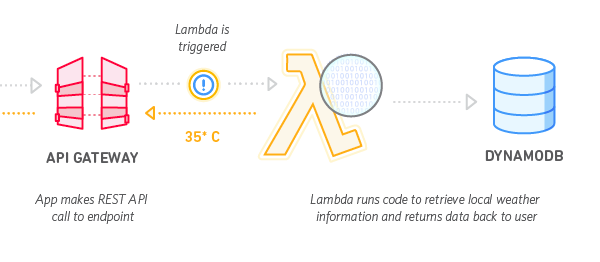 Bob Cringely on why cloud computing changes everything and could put paid to the infamous computing productivity paradox:
Bob Cringely on why cloud computing changes everything and could put paid to the infamous computing productivity paradox:
When we put Windows and Linux applications in the cloud and manage them there, for example, we win in terms of TCO, ROI and productivity because our ratio of cloud employees to users is about 10,000-to-one. Imagine a 10,000-employee company with one IT person
Nic Silver on “deploy first and build after” or, put another way, deploy early and deploy often. It underscores an important aspect of DevOps which is the separation of concern between the automated building of software (the domain of CI) and its automated deployment (CD):
If we build in—and prove—deployment from the beginning we’re in a much better place as momentum gathers, and always able to concentrate the core work.
Talking of which, a Google engineer posts a response to the question “What are the most common Devops tools” highlighting Jenkins, Docker, Git, Ansible, Ant and Selenium as key to the discipline. Ultimately, though, DevOps is more a mindset and a culture than a toolset:
DevOps is basically a culture. You can say software engineering culture. Aim or objective of DevOps is unifying software development (Dev) and software operation (Ops). DevOps is a broad area and it involves many tools at different stages/phases. There are many tools available to implement DevOps.
Excellent post on how the front-end developer role is morphing into two separate specialisms – a technically oriented JavaScript developer position and a more aesthetics focussed design position:
The skills and responsibilities of front-end developers are becoming ambiguous. We entertained the idea of dividing up front-end developers into two categories. One for functional Javascript work which may include middleware, which we called the front-end engineer/architect. The other for visual work focusing on DOM structure/optimization, CSS and Javascript interaction work, which we called front-end styler/visualizer.
Startups
Stratechery on the importance of maps and understanding where the GAFA cohort sit on a strategic spectrum or “moat” from internal-focussed aggregator at the one end to external-focussed platform player at the other:
The one Mary Meeker slide that should terrify every European startup providing “a sharp reminder of just how far behind the region is when it comes to creating global tech giants“
However, for John Harris, much of what Silicon Valley comes up with is “overhyped and useless” and what it ends up being used for may be very different than imagined:
There is a basic fact about the future the figureheads of big tech too often forget: that what it will look like is actually up to us, not them.
Ben Weber, a principal data scientist at Zynga is starting a series aimed at startups looking to scale data science work into production:
This series is intended for data scientists and analysts that want to move beyond the model training stage, and build data pipelines and data products that can be impactful for an organization. However, it could also be useful for other disciplines that want a better understanding of how to work with data scientists to run experiments and build data products.
Bloomberg on how older workers can help companies thrive and beat competitors with less age diversity, an important lesson for many in tech who may not have the opportunity to work across different generations.
Culture and Society
The biggest single way to reduce your personal impact on earth is to avoid dairy and meat.
Staying on the theme of profligacy, the rich are able to waste and destroy on a scale unseen in human history and here’s why that’s a bad thing:
supplying the market for absurd luxuries whose only purpose is wealth display diverts attention from the development of useful products that are (or might become) affordable for the rest of us
Spending the money on goods that already exist is marginally better. Digital Trends survey the most valuable vinyl records on earth which include the first pressing of the Beatles White Album sold at auction for $790k a few years ago.
Last but not least, another rare treasure re-earthed through other random searching, the peerless Timewaster Letters. At a time when Brexit is testing our ability to find anything funny, it’s worth remembering that being contrarian and surreal humour are quintessential elements of the British identity:
